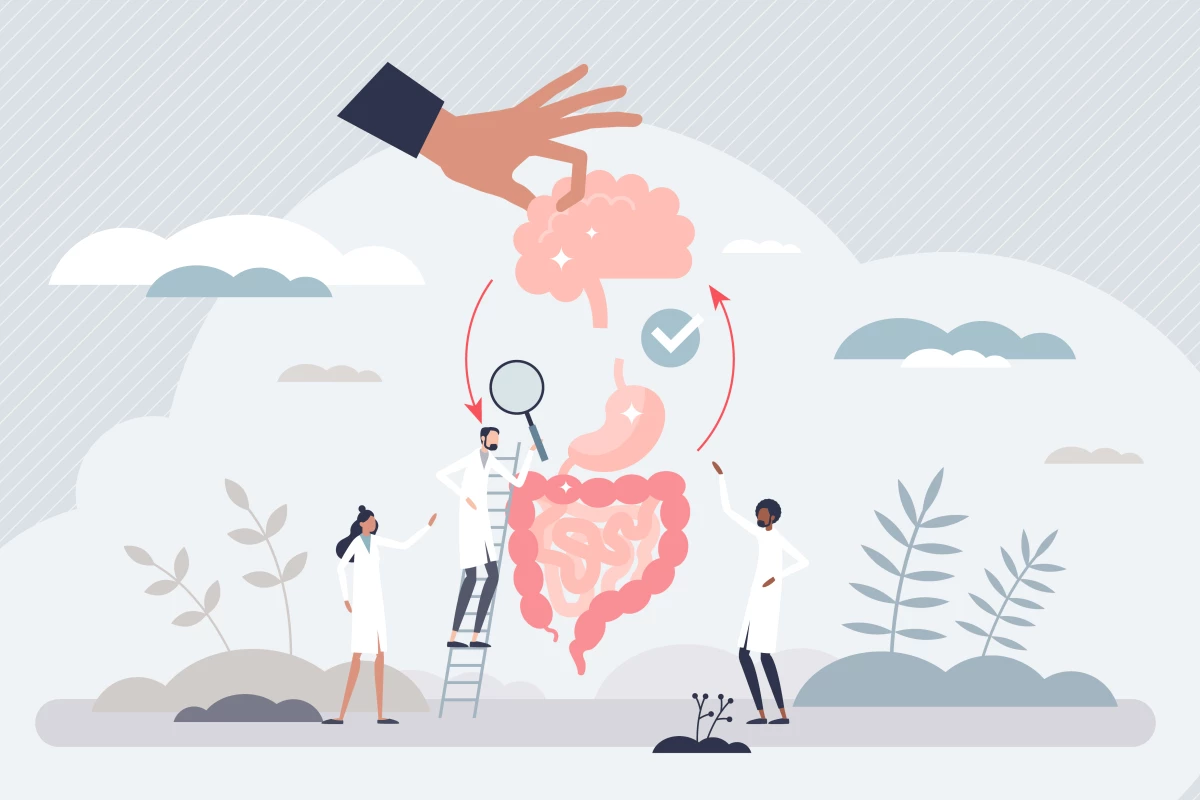The human body is teeming with microbes, especially in the gut, and they're not just freeloaders. To coexist smoothly, our bodies need to know what these tiny residents are up to. We already know that the brain receives signals when specific nutrients reach the intestine, which in turn guides appetite and cravings. But can our bodies sense gut microbe activity in real-time and shift behavior accordingly?
Turns out, yes. Duke University researchers have uncovered a sixth sense: the neurobiotic sense. It allows the brain to respond instantly to microbial messages.
Central to this discovery are neuropod cells, which act like gut detectives. They spot specific proteins produced by microbes and, boom, fire off signals directly to your brain.
The result? Your brain gets real-time updates that can help control your appetite and influence your choices. So yeah … your next snack craving might be partially driven by microscopic gut chatter.
When you eat, certain gut bacteria release a protein called flagellin, a super-old-school molecule that helps bacteria swim. But your body's not just chilling. It has special gut sensors called neuropods that catch this signal using TLR5 receptors (like a microbial radar). Then they fire off a message through the vagus nerve, which is the express lane to your brain. The result? Your brain might get the memo to slow down on snacking.
In an experiment, researchers fasted some mice overnight and then administered a small dose of flagellin directly to their colon. As a result, the mice ate less. That suggests the protein helped send a swift "we're full" signal to the brain. Meanwhile, mice lacking TLR5 failed to respond to the cue and continued eating, even gaining weight. It means, without TLR5, the gut's voice is ignored.
Dr. Diego Bohórquez, who first identified neuropods in 2015, has demonstrated that these cells can distinguish real sugar from sweeteners within milliseconds. That means your cravings may come more from your gut than your taste buds.
Now, his team has shown they don't just guide what you eat, but how much.
To test this, the team created a high-tech setup called the Crunch Master, a system that listens to and watches mice eat, bite by bite. When the mice received flagellin, their nibbling slowed, further proving that microbial messages shape appetite.
What's more, the study focused on flagellins produced by a pathogenic bacteria called Salmonella typhimurium. And it turns out not all flagellins are the same. Different bacteria produce different flagellins and each different protein has its own unique effect on the gut. That diversity makes this gut-to-brain sensing system all the more intriguing.
As the researchers put it, "it's similar to how we use our other senses, sight, sound, smell, taste, and touch, to interpret our world. But this one operates from an unexpected place: The gut."
So yep, your belly isn't just digesting lunch. It's decoding the world.
The study is published in Nature.





